Description for Selection Long Melon Kakri
- The Long melon form a distinct group of species with many similarities in botany, agronomy ecological requirements and susceptibility to insect pests and diseases.
- Long melon is also one of them. Some of them are used in the form of salad, cooked as vegetables, and preserved in the form of sweets.
- It is grown mainly grown in tropical, sub tropical and milder zones of India.
- Long melon popularly known as kakri is valued for tender fruits which are eaten raw along with salt and pepper. Due to its cooling effect this is very popular during summer months in most part of the country. If it is taken without salt, it is not easily digested. Similarly, drinking of water immediately after eating fruits cause indigestion.
- It is summer season crop. It is mainly grown in the month of February to March.
Common name Flower colours Bloom time Height Difficulty scintific name:-utilissimus, Duthic,fuller, Commone name:-cucurbits – Summer feb to march 24 Moderately easy
Planting and care
- Cucurbits are mainly warm season crops grown mainly in tropical and sub tropical regions.
- River bed cultivation, a kind of vegetables forcing is being used in India where cucurbits are grown in the river beds during winter season.
- Cucurbits grow well at day temperature between 25-350c.
- It tolerates cool climate better than musk melon. It cannot tolerate frost and strong winds. Low temperature and high relative humidity stimulate the development of female flowers.
- It may show slight photoreaction to short days for flowering.
Sunlight Soil Water Temperature Fertilizer full sun Deep well drained soil with sandy or sandy loam texture is suitable. Average 25 to 35 degrees c Use any organic fertilizer.
Caring for Selection Long Melon Kakri
-
- If you are not using paper mulch, apply several inches of organic mulch just as the vines start to elongate. This covering will suppress weeds and help keep the fruits clean and disease free.
- Provide generous amounts of water, particularly right after transplanting and as the fruits develop.
- Male flowers appear first, at leaf joints on the main stem and on larger side shoots. Around a week later, fruit-producing female flowers form on secondary side shoots.
- Despite the many female blossoms, each vine will produce only three or four melons.
- Most young melons will grow to the size of an egg, then shrivel as they send their nutrients back into the vines.
- Fertilize with compost tea when the fruits set and again 2 weeks later.
- Though melon vines look very robust, they are actually quite delicate always handle them carefully.
- If they start to sprawl outside the area where you wish them to grow, gently guide them back toward the center of the planted area.
Be the first to review “Long melon kakdi kakri 15-20 F1 seeds” Cancel reply
You must be logged in to post a review.



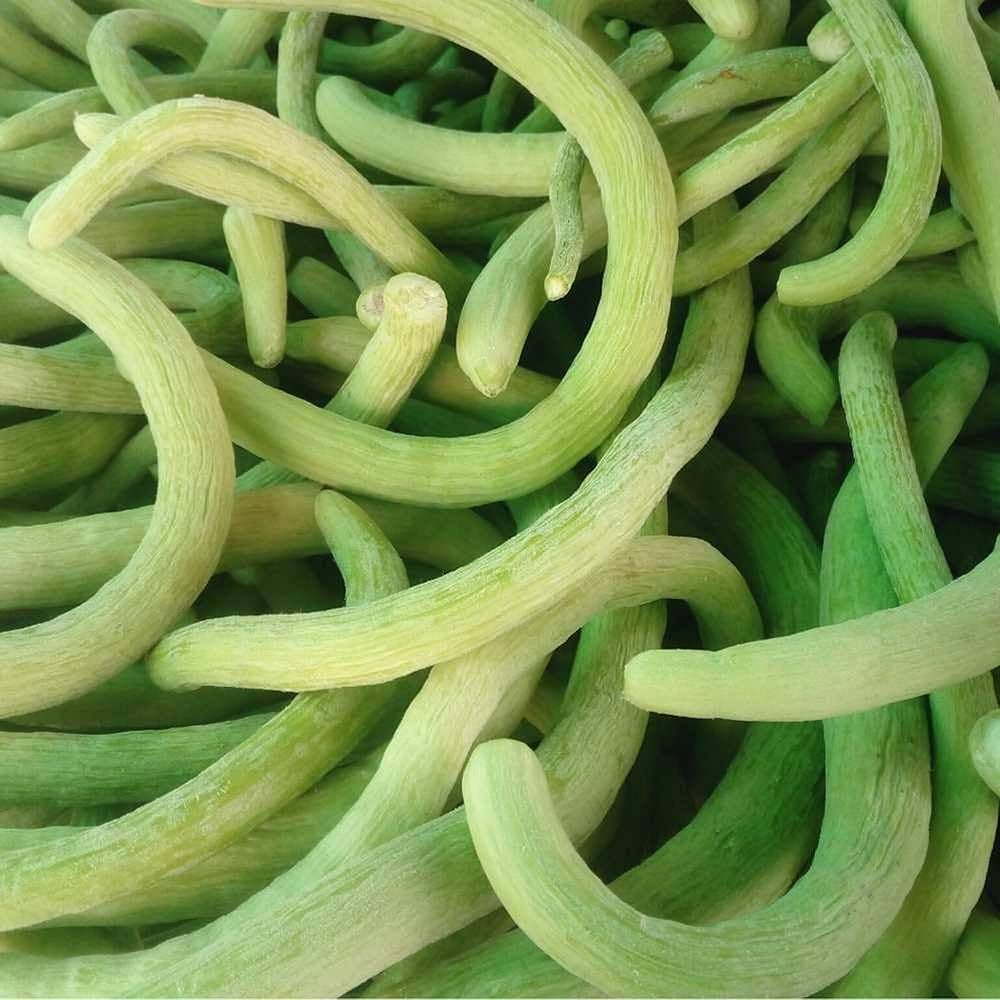


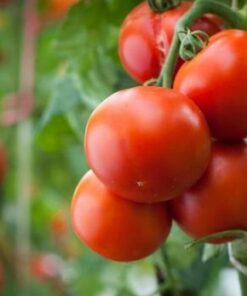
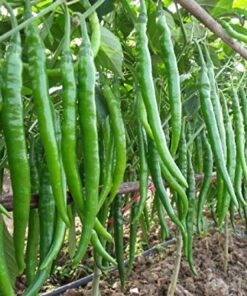
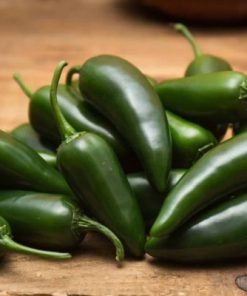
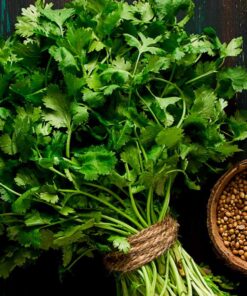
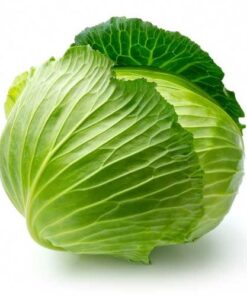
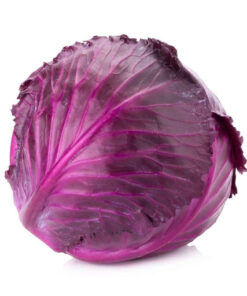
Reviews
There are no reviews yet